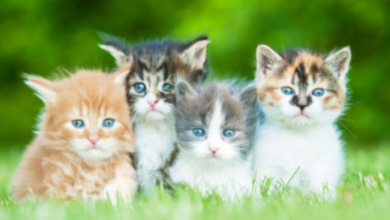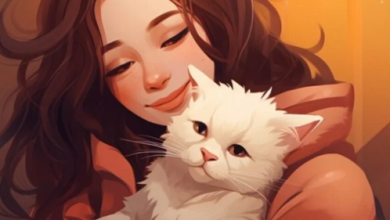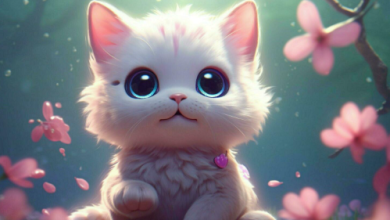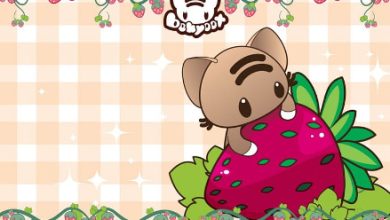Unveiling the Delightful World of “My Pet Carnivore”: A Comprehensive Guide
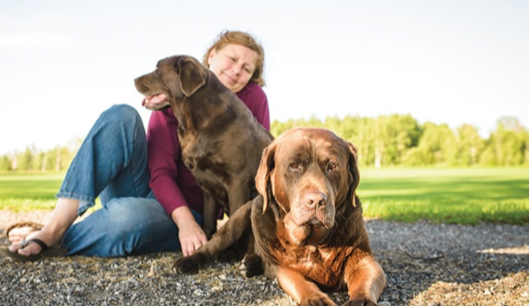
Introduction
Welcome to the fascinating realm of “My Pet Carnivore,” where the bond between humans and their carnivorous companions takes center stage. In this article, we’ll explore the unique joys and challenges of having a carnivorous pet, offering insights and tips to make the experience truly rewarding.
Understanding “My Pet Carnivore”
Embarking on the journey of caring for a carnivorous pet requires a deep understanding of their specific needs. From dietary requirements to behavioral traits, learning about “My Pet Carnivore” ensures a harmonious relationship between you and your furry friend.
The Importance of a Balanced Diet for “My Pet Carnivore”
One of the key aspects of responsible carnivore pet ownership is providing a well-balanced diet. “My Pet Carnivor” thrives on a diet rich in protein, and it’s essential to incorporate a variety of meats to meet their nutritional needs. Consult with a vet to create a customized diet plan tailored to your pet’s individual requirements.
See Also Exploring the Joys of Having a Pet in Spanish Culture: A Comprehensive Guide
Enriching “My Pet Carnivor’s” Environment
Creating an enriching environment is crucial for the well-being of “My Pet Carnivor.” Provide mental and physical stimulation through interactive toys and activities that tap into their natural instincts. This not only promotes a healthy lifestyle but also strengthens the bond between you and your carnivorous companion.
Nurturing the Health of “My Pet Carnivoe”
Regular veterinary check-ups are paramount for ensuring the overall health of “My Pet Carnivor.” From dental care to vaccinations, a proactive approach to healthcare will contribute to a longer, happier life for your carnivorous friend. Discuss preventive measures and potential health issues specific to carnivores with your vet.
Conclusion
In conclusion, embracing the world of “My Pet Carnivor” requires dedication, knowledge, and a genuine love for these unique companions. By understanding their needs, providing a balanced diet, enriching their environment, and prioritizing healthcare, you can cultivate a fulfilling and enduring bond with your carnivorous pet. Cheers to the joyous journey of being a responsible “My Pet Carnivore” owner!
FAQs
What types of animals fall under the category of “My Pet Carnivore”?
“My Pet Carnivore” typically includes animals like cats, dogs, ferrets, and other carnivorous pets. These animals require a diet primarily composed of meat to thrive.
How do I ensure my carnivorous pet gets a balanced diet?
Achieving a balanced diet for your pet involves a mix of meats, organs, and, in some cases, supplements. Consult with a veterinarian to create a personalized nutrition plan tailored to your pet’s specific needs.
Can I feed my carnivorous pet a vegetarian or vegan diet?
No, it’s not advisable. Carnivorous pets have specific nutritional requirements that are best met through a diet rich in animal proteins. Attempting to feed them a vegetarian or vegan diet can lead to nutritional deficiencies and health issues.
What kind of toys are suitable for my carnivorous pet?
Carnivorous pets often enjoy toys that stimulate their natural hunting instincts. Interactive toys, puzzle feeders, and toys with textures that mimic prey can be excellent choices to keep them engaged and entertained.
How often should I take my carnivorous pet to the vet?
Regular veterinary check-ups are essential for “My Pet Carnivore.” In general, an annual visit is recommended, but discuss with your vet to determine a suitable schedule based on your pet’s age, health, and specific needs.
Are there specific health concerns for carnivorous pets?
Yes, carnivorous pets may be prone to dental issues, obesity, and certain diseases. Regular dental care, a balanced diet, and preventive healthcare measures, such as vaccinations, can help address and mitigate these concerns.
Can I prepare homemade meals for my carnivorous pet?
While it’s possible to prepare homemade meals, it’s crucial to ensure they meet your pet’s nutritional requirements. Work closely with your veterinarian to create a well-balanced and safe homemade diet plan.
How can I enrich the environment for my carnivorous pet?
Enriching your pet’s environment involves providing mental and physical stimulation. Interactive play, varied toys, and creating spaces that mimic their natural habitat contribute to a stimulating and happy living environment.
